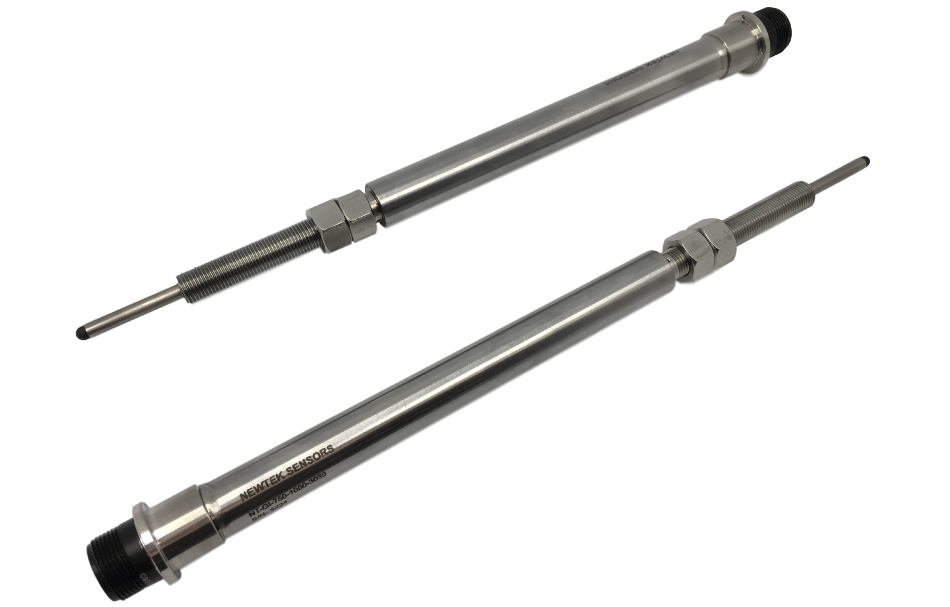As many industries continue to experience supply chain challenges, NewTek Sensor Solution is addressing more requests for custom LVDT sensors in short timelines in meeting unique and demanding position measurement requirements for applications in a range of industries including oil/gas, packaging, manufacturing and power generation. As travel bans, border closures and regulations associated with COVID-19 affect traditional supply chain channels, many industries must look for new sources with in-house design engineering capabilities and domestic manufacturing capabilities to expedite custom LVDT orders.
 NewTek engineered its standard LVDT gage heads with a custom spring for higher stiffness for use in a dynamic automated process that were too fast for a standard sensor.
NewTek engineered its standard LVDT gage heads with a custom spring for higher stiffness for use in a dynamic automated process that were too fast for a standard sensor.
For example, when a customer who runs a power generation station could not track down an original supplier when needing to replace a legacy core in an existing LVDT used on their steam turbines to monitor control valve position, NewTek made the design change and produced the linear position sensors with a custom core rod size in a very tight timeframe to avoid any downtime while waiting for replacement units.
For another customer with a dynamic manufacturing application where cycles in an automated process were too fast for a sensor with a standard spring-loaded probe, NewTek outfitted its LVDT gage heads with a custom spring for higher stiffness. The rugged spring-loaded LVDT featured a custom threaded connector and a loop-power 4-20 mA output for use in control system.
“Even if you don’t see it on our website, NewTek can address a variety of custom and semi-custom requests for customers who continue to experience global supply chains challenges,” noted Mike Marciante, Business Development Manager, NewTek Sensor Solutions.
NewTek finds its most popular sensor modifications include custom mounting brackets. specific electrical output requirements, ratiometric (difference / sum) output, high stroke to length ratios, high temperature exposure(1000°F), radiation and submersion resistance as well as custom signal conditioning.
For more information on NewTek’s custom capabilities from small modifications to full developments, visit https://www.newteksensors.com/custom-lvdts/